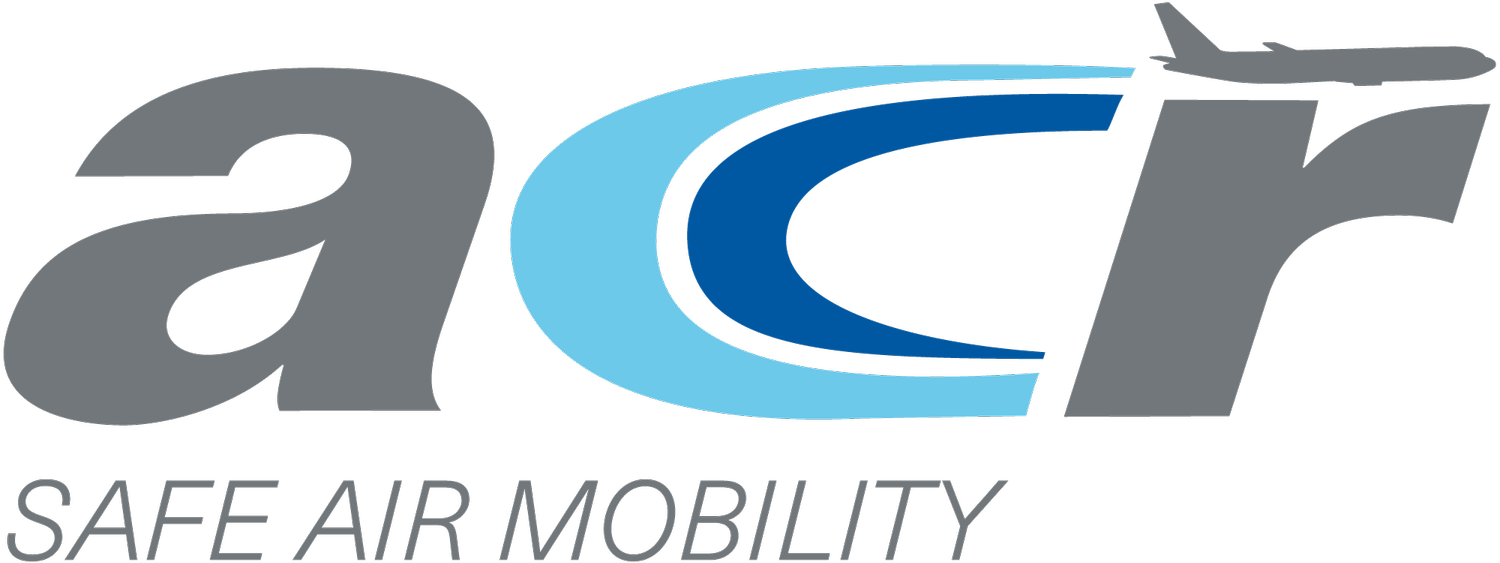Dani Weder: “Air Traffic Control at Swiss Regional Airports is too expensive”
As a former CEO of Skyguide, Dani Weder is now active at the European level in the air traffic control industry and serves as the Chairman of the Board of ACR Switzerland, a member of the Swedish air traffic control provider ACR-Group.
You have repeatedly criticized the costs of air traffic control at regional airports. As a former Skyguide CEO, you are thus criticizing your former employer. How did this come about?
Even during my time as CEO of Skyguide, I believed that our services at regional airports were overpriced, and the costs have increased significantly since my resignation in 2017. Compared to European standards, these costs are - cautiously estimated - 30 to 40 percent too high. Therefore, during my time at Skyguide, we sought and initiated various solutions. Our first solution was to transfer regional services to an internal subsidiary, which was stopped by the federal government. Afterward, we sought collaboration with a company specialized in cost-efficient regional airport services. This was stopped by the Skyguide board after my tenure - without presenting alternative solutions.
Was ACR, the company where you now sit on the board, part of the discussion?
Yes, I have been involved for four years. I believe in safe, customized air traffic control for regional airports. In addition to the owner representatives, my colleagues Marek Bekier and Urs Ryf from the former top management of Skyguide are also on the board. This is a strong team with concentrated expertise. Marek was the head of air traffic control in Zurich, and Urs was the Chief Operating Officer. It should be noted that Urs Ryf, as CEO of Flughafen Bern AG, is naturally recused from our statement on the "Savings Package 27."
Where does ACR Switzerland stand today?
ACR Switzerland is accompanying the expansion phase of the ACR Group in Europe. ACR currently operates air traffic control at 18 regional airports in Sweden - very safely and efficiently. The core of our business model is the operations - and thus the air traffic controllers - supported by a lean and efficient support organization. Processes and air traffic control technology are adapted to regional needs, with safety always being the top priority. At our customers in Sweden, costs have been reduced by 30 to 40 percent. There is similar potential in Switzerland, amounting to about ten million francs in savings, but few seem interested, and "entry barriers" are being actively built. Therefore, our appeal to politics and the federal government: Help reduce air traffic control costs at regional airports without compromising service and safety levels!
This brings us to the Savings Package 27, the "Gaillard Report," which sees a savings potential of 25 million francs per year at regional airports.
Yes, but the savings package calls for different responsibilities. The funds are to be available only for two airports within the framework of five million. This is confusing because in 2021, both councils adopted the "Würth Motion," which demands almost the exact opposite, namely the permanent financial support of regional airports by the federal government with funds from the fuel tax. The proposed "savings package" simply shifts the problem from the federal government to the cantons. This has nothing to do with saving and mainly distracts from the actual cost problem. The Gaillard working group rightly recognized that something is wrong with the costs of air traffic control at regional airports but chose the completely wrong approach from our perspective.
What would the right approach look like?
Actually, it's quite simple, but as always, the devil is in the details: From our perspective, air traffic control at regional airports must be publicly tendered urgently and promptly - either by Skyguide or by the regional airports. The corresponding guidelines and regulations can be introduced through the Savings Package 27.
And where is the devil in the details?
Skyguide still has some homework to do at some airports. I am talking about the long-overdue disentanglement in the lower airspace, the separation of "public service" services from the regional airports' accounts, and the disentanglement of infrastructures and systems. We must not underestimate these tasks; they have been considered several times and not implemented. It is time to act.
I assume ACR will bid in a tender, and what would be Skyguide's role?
Skyguide is an excellent air navigation services organization, but the requirements at regional airports are very different from the highly complex upper airspace and national airports. This leads to oversized - we often say ‘gold-plated’ - solutions. This is also a cultural issue and very typical of the large, national air navigation service providers in Europe. One of the leading commercial airports air navigation service providers is the British ANSP, NATS Services. ACR and NATS Services have recently entered into partnership to evaluate how ACR could translate the success it has experienced providing services to Swedish regional airports to small and medium sized regional airports in the UK. - And that brings us back to skyguide's role: We could well imagine resuming the earlier idea of operating a company together with skyguide - analogous to our model in the UK. If that doesn't work, we will be in favour of the tender and bid accordingly. - I think that in the past the time was simply not yet ripe for such issues, but that seems to be changing now. From this perspective, the 2027 relief package is a good thing for aviation.
Interview by Hansjörg Bürgi
SkyNews.ch April 2025

